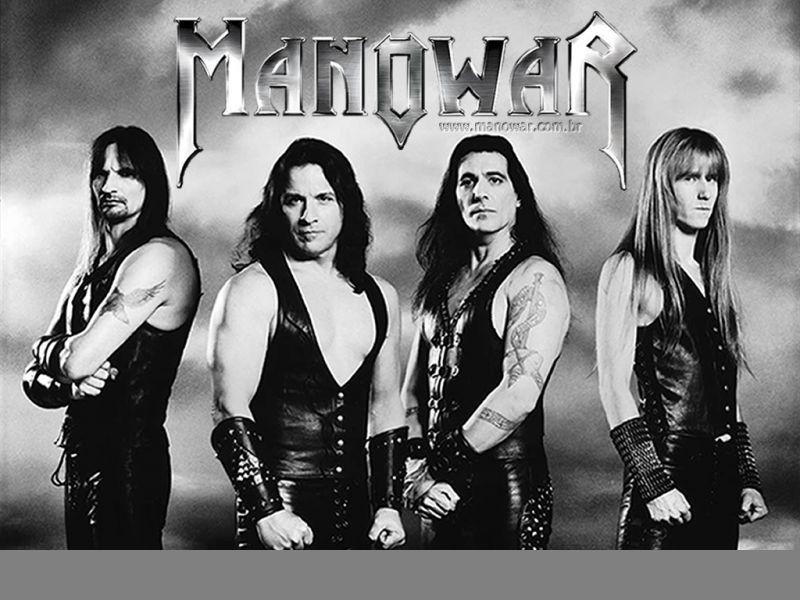I still think that the reason Borst/DePalma wrote WCIV the way they did was because they had Malcolm McDowell in WCIII. He's a character actor known for playing "heavies" and is usually good at it. I was disappointed to see him typecast yet again.
I would say we even see it in Wing Commander 3... Tolwyn doesn't like our hero so his war ending weapon fails while Blair's works.
I'm sure you're right about McDowell, though -- I'm pretty sure they've said as much in interviews.
Well, your point of view makes sense, but it is applies more to a movie or book. For a game, it is indeed good to have revenge. It makes the player feel better.
That's not clever storytelling. Wing Commadner 3 did it well -- you can get revenge... but you're punished.
In this respect, yes. But the game hints about Hobbes having second thoughts about nuking Kilrah in a conversation he has with Blair on the O-Deck. "They will understand what you did", "No one will ever truly understand what I did."
That's not hinting that he's having second thoughts about Kilrah, it's hinting that he's going to betray everyone else.
Yeah, I liked the brancing mission, I remember that. The story is very forgetabble. The subtitled (in japanese) taunts were quite a thing.
I believe it was more than just branching missions... it had branching units. Each mission changed depending on how many Japanese carriers were still in the war at that point. (The 'all wingmen can die' aspect Quarto mentioned is part of this, too... and yes, it's very frustrating.)
It is a shame that the talkie version of Pacific Strike was cancelled. I'd be curious to know if they actually did any recording.
[QUOTE}Not always. Tolwyn is very nice to Blair after WC2, on SO1 and SO2. He somewhat respects Blair on WC3 (The Angel thing shows he doesn’t care much about Blair’s feelings, but then he’s has other things to be worried about), and actually make an awkward effort to seem nice to him on WC4 (“Pastoral life seems to agree with you”), which was a very well acted scene for a computer game.[/QUOTE]
Erm, the 'pastoral life seems to agree with you' line is Tolwyn calling Blair fat.
But I must agree it was less of a surprise than WC3. And yet, a little more than WC2.
Eh, I think you're glossing over Wing Commander 2. The idea that Jazz was the traitor has simply become accepted, partially thanks to the addons that treat it as history. That wasn't how we saw it in 1991.
Wing Commander 2 goes through some lengths to throw you off of Jazz's trail. Specifically, it implicates other pilots -- Spirit and Stingray. Spirit serves to throw suspicion away from Jazz... because Blair's (and the players) reaction is that it couldn't be her, they served together on the Tiger's Claw. That goes for Jazz as well.
Mostly, though, you have Stingray, the other guy who hates Blair... and who the game actually treats as the traitor for quite a while. Playing Wing Commander II for the first time your assumption is that it's Stingray because Stingray's wings were missing and that isn't resolved. We know now that, as Jazz explains, he stole Stingrays wings... but you *didn't* when you were treating it as a murder mystery in 1991.
Wing Commander IV doesn't do this *at all*. There's no alternative to Tolwyn, save perhaps Paladin who the game never tries to cast any suspicions on at all. If you accept (as the game claims early) that there's a vast conspiracy, then it has to be someone important... and the game discounts Paulson and Eisen very, very quickly.
Wing Commander II ends up being a revenge fantasy (and it ends up rubbing it in in the addons, portraying a very strong hate for Jazz on the part of your character)... but it's a good amount more subtle than Wing Commander IV.
Look, it's Chris Roberts:







